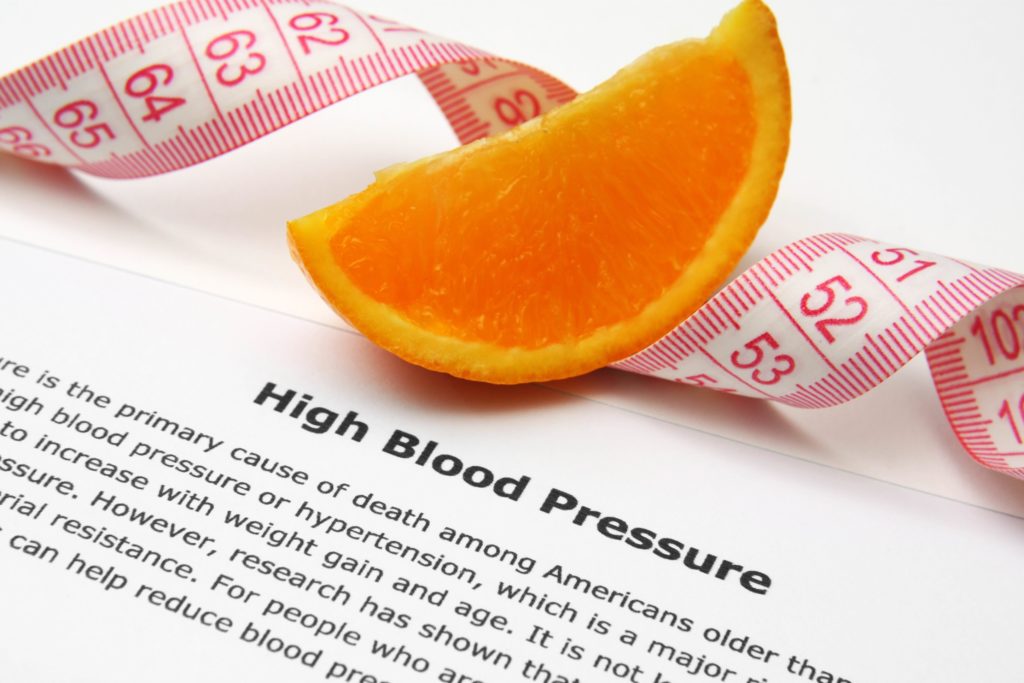High blood pressure (hypertension) affects a growing number of people. This is a serious disorder that must absolutely be followed by a qualified physician. However, take medication prescribed by a doctor, even if it is important, is not the only thing to do. There are many behaviors that can change in your lifestyle to reduce blood pressure, and thus reduce complications and cardiovascular problems. Here is a good overview:
1. Practice daily physical activity
Daily exercise is essential. Practice rather early in the day energy gymnastics, 30 minutes of brisk walking, biking, or 20 minutes of jogging, swimming, etc. It is especially necessary if you are overweight.


2. Avoid salt
Reduce high blood pressure by consuming the least salt. And even if you do not add to your plate, pay attention to all pre-packaged products, cheeses and cold cuts, chips, etc.
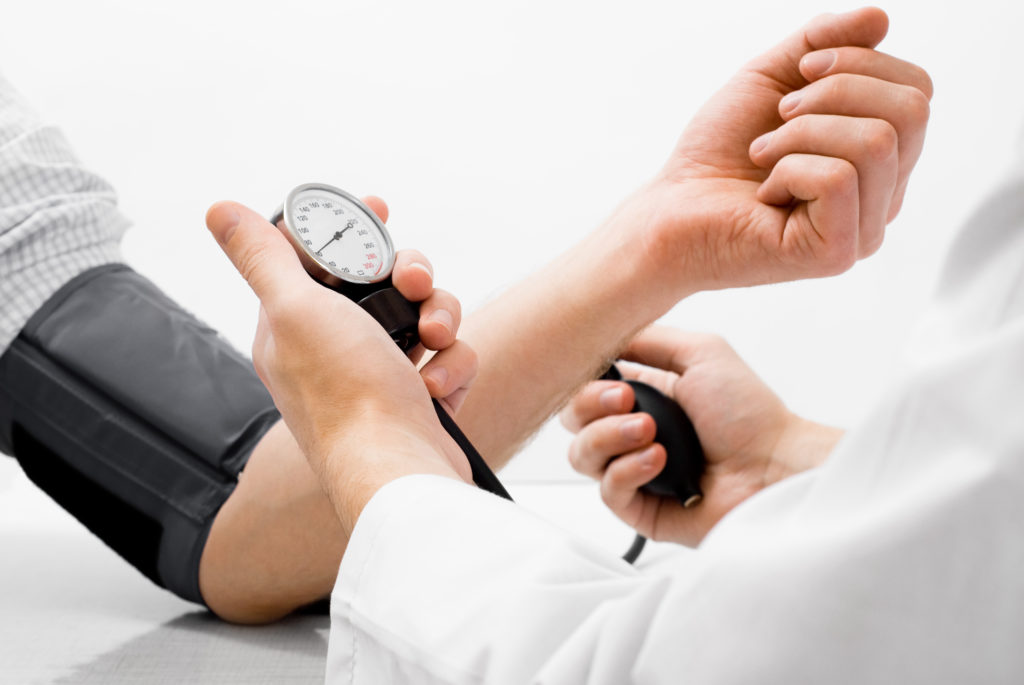
3. Drink a little alcohol
Some studies seem to advocate a (small) bit of red wine on occasion, but any regular consumption and excessive alcohol increasing the risk of cardiovascular complications and hypertension.
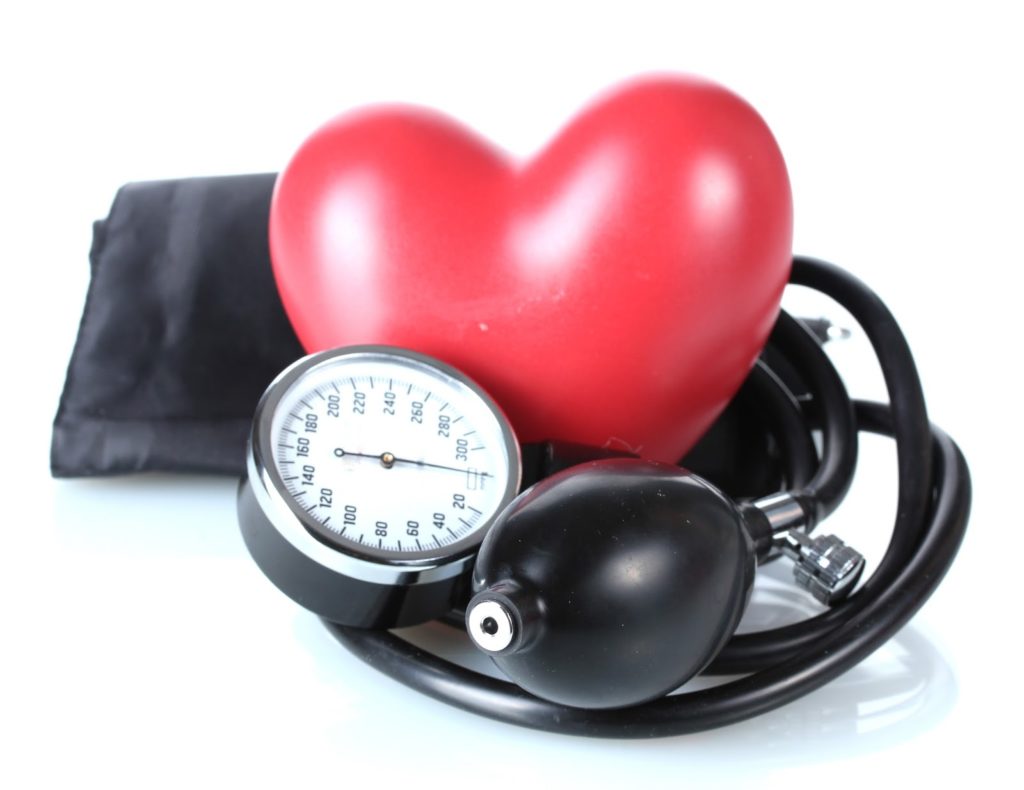
4. Do not smoke
A single cigarette actually increases blood pressure in the next 20 to 30 minutes, then imagine the consequences in heavy smokers!
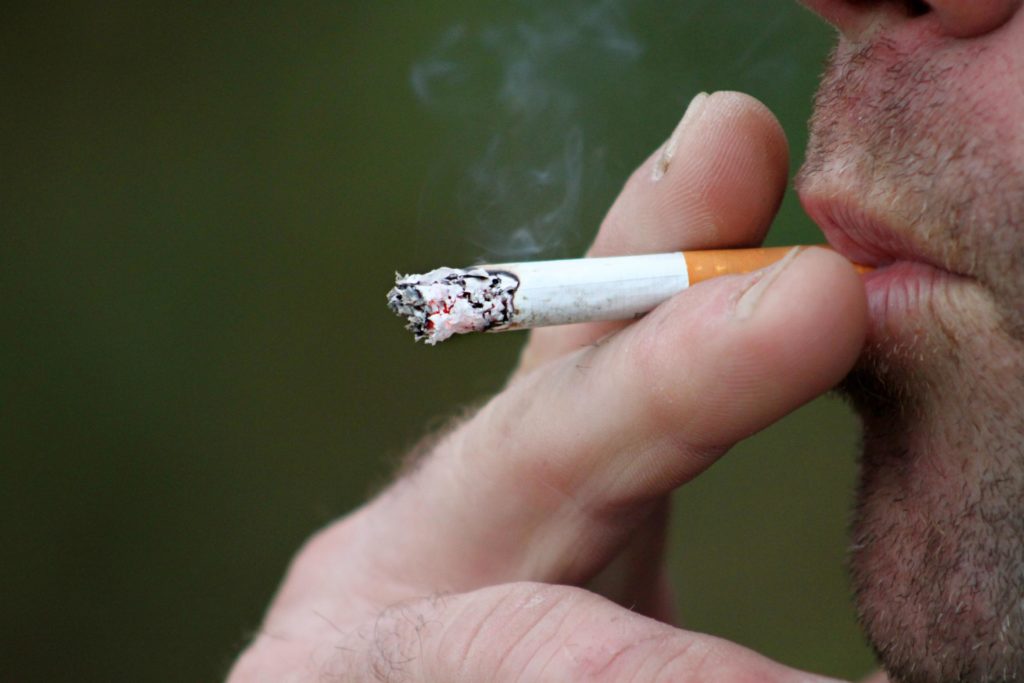
5. Take a deep breath
Learn to have ample breathing, quiet, abdominal, and chest, articulated well in four phases: inspiration, pause, exhalation, pause. Breathe and helps manage stress and emotions.

6. Drink beetroot juice
Beet is a vegetable rich in nitrate, a natural chemical known for its hypotensive effects. A large glass 50ml beet juice up to reduce tension 5 points, due to its action on blood vessels.
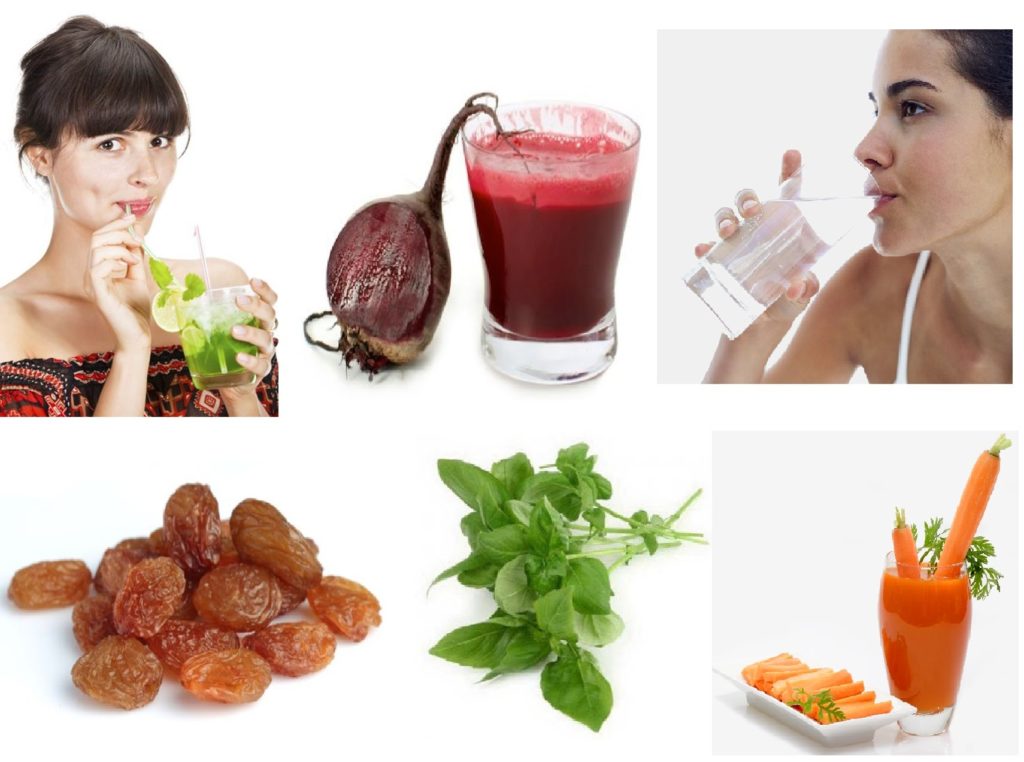
7. Limit meat
This is advice that comes straight from Japan, where doctors found that vegetarians had lower blood pressure than people who eat meat. Specifically, the vegetarian diet is linked with a decrease in voltage from 4.7 to 6.9 points. The equivalent of the recorded drop when a person hypertensive overweight seems to lose 5 kg. This is explained by the fact that plants are low in sodium (the main enemy of hypertensive) but are rich in potassium, which helps lower blood pressure.
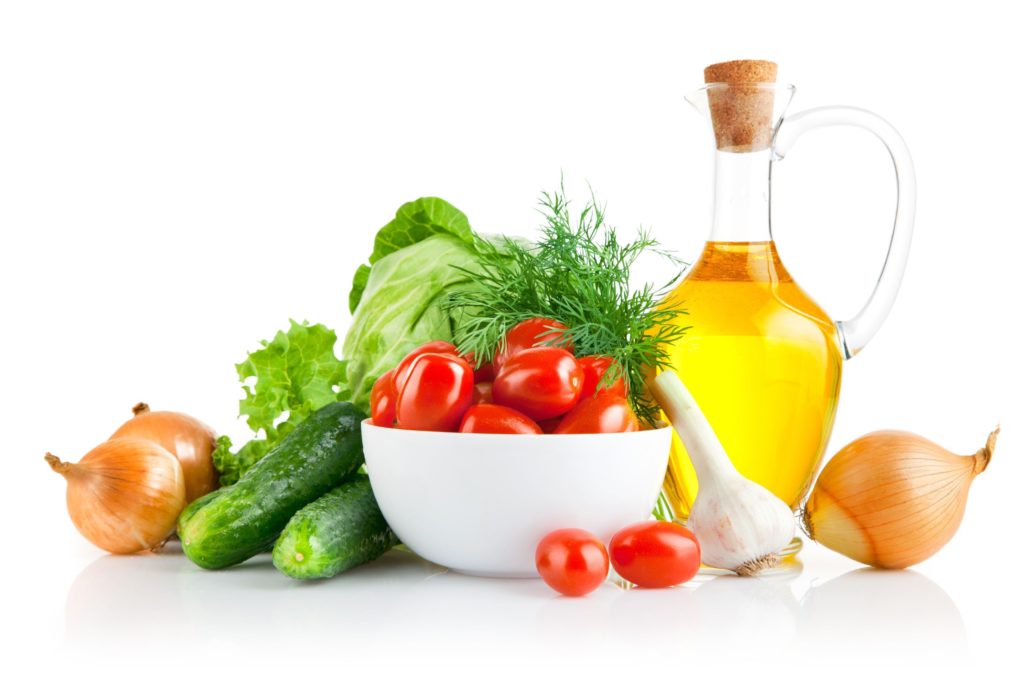
8. Walk regularly in the day
A recent US study conducted on 6000 adults, confirms that regular physical activity is linked with a low risk of hypertension. No need to play sports intensively: 90 minutes of walking each day are enough to get results. Swimming and water aerobics are also recommended, especially for people whose tension resistant to drugs.


9. Make sure of the quality of your sleep
Establish an effective sleep routine. It is always better to fall asleep and wake up early (as close as possible sunrises and sunsets) since it is the natural rhythm of our body. Sleep at least 7 to 8 hours. Bed early and get up early. If you have trouble sleeping, try sleeping with the window open.
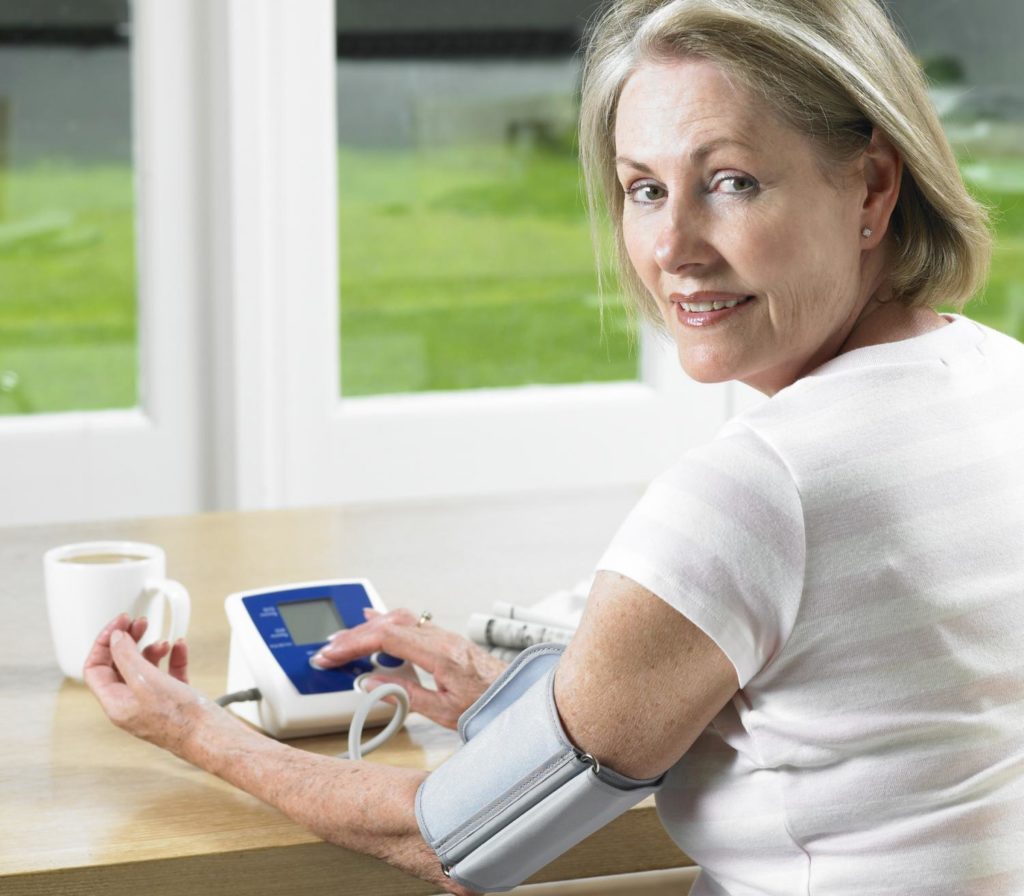
10. Eat a varied diet, balanced and healthy
Opt for whole grains, fresh and dried fruits, lots of vegetables, pulses, oilseeds (almonds, hazelnuts, walnuts, etc.), and omega-3 fatty acids – fatty oily fish (anchovies, swordfish, halibut, herring, mackerel, mullet, sardines, salmon, red or white tuna in particular), organic oils from rapeseed or nut (2 tablespoons per day), etc.
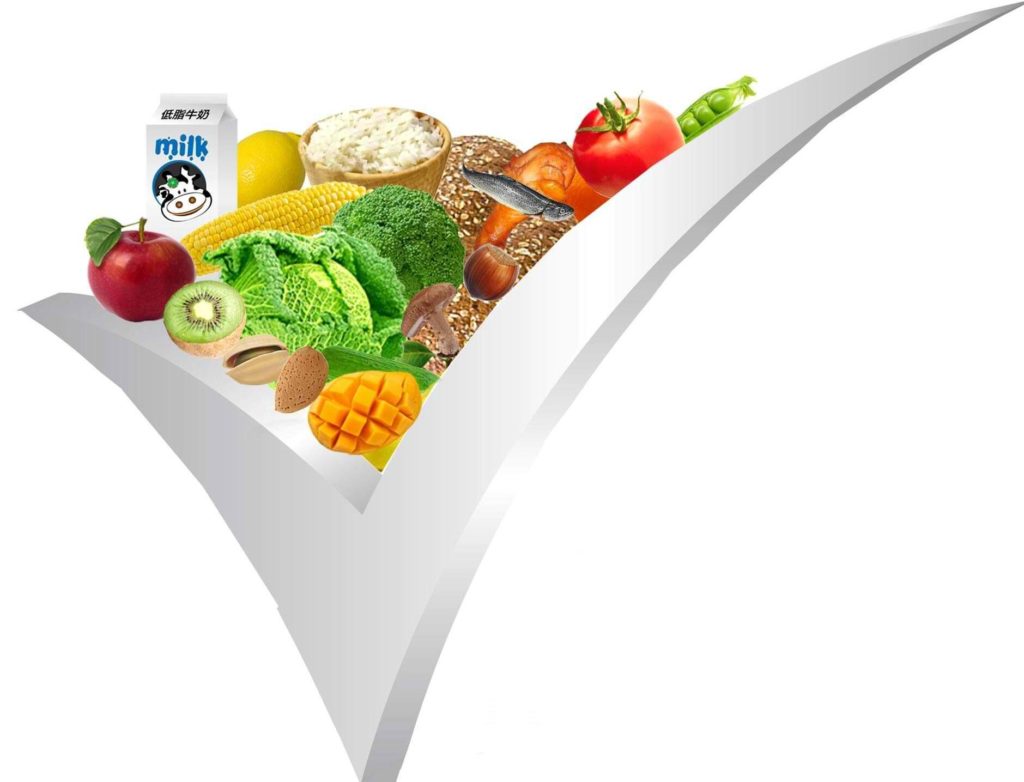
11. Take a very strong breakfast
The change in lifestyle and behaviors (smoking, work stress, physical inactivity, overweight) has favored the emergence of increasingly early hypertension in women. However, a recent study showed that women who took a real meal for breakfast (with at least 700 calories) and two meals lighter during the day, had blood pressure lower than those taking a light lunch and catch up on two meals. Think, if anything, to include yogurt in your menu because it contains calcium has the ability to relax blood vessels, and helps dilate slightly, maintaining low blood pressure.
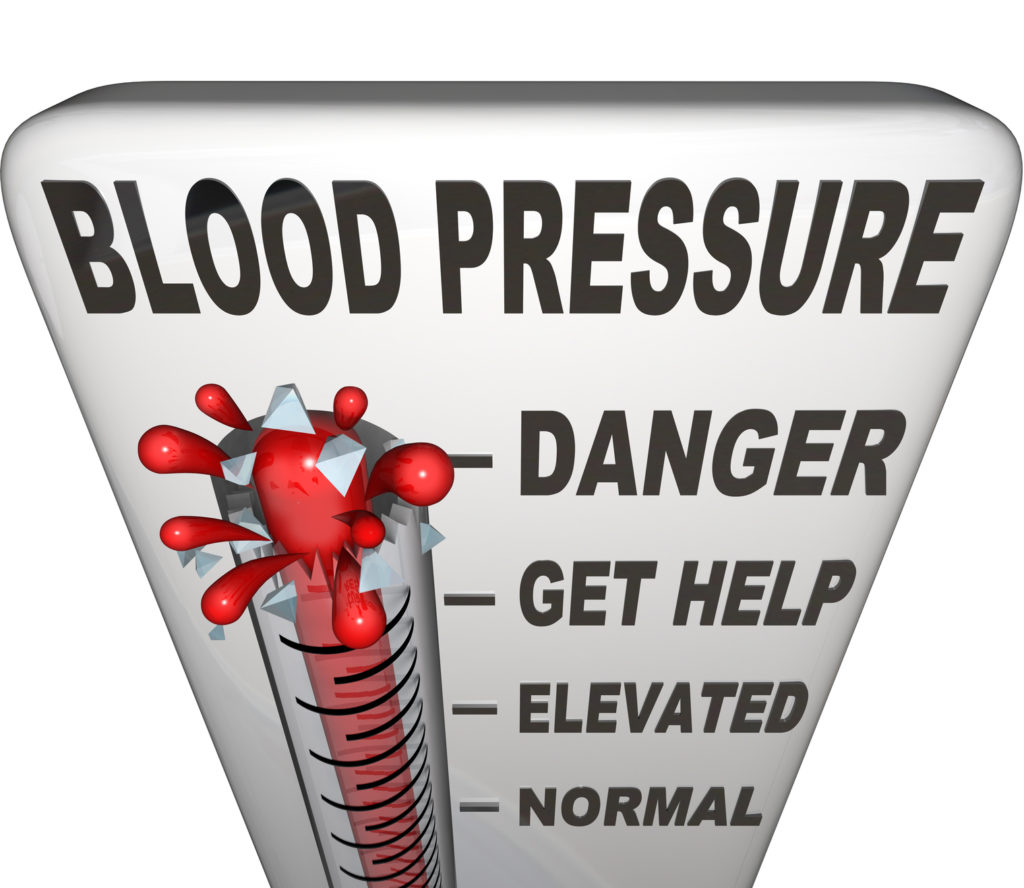
12. Avoid stressful situations
This is not always possible, but know you remove (discussions, site) when you feel you “pump”. Take time for yourself, go for a walk, or take a walk in nature instead.

13. Lose weight
keeping your weight maintained is important to prevent cardiovascular complications and high blood pressure.
